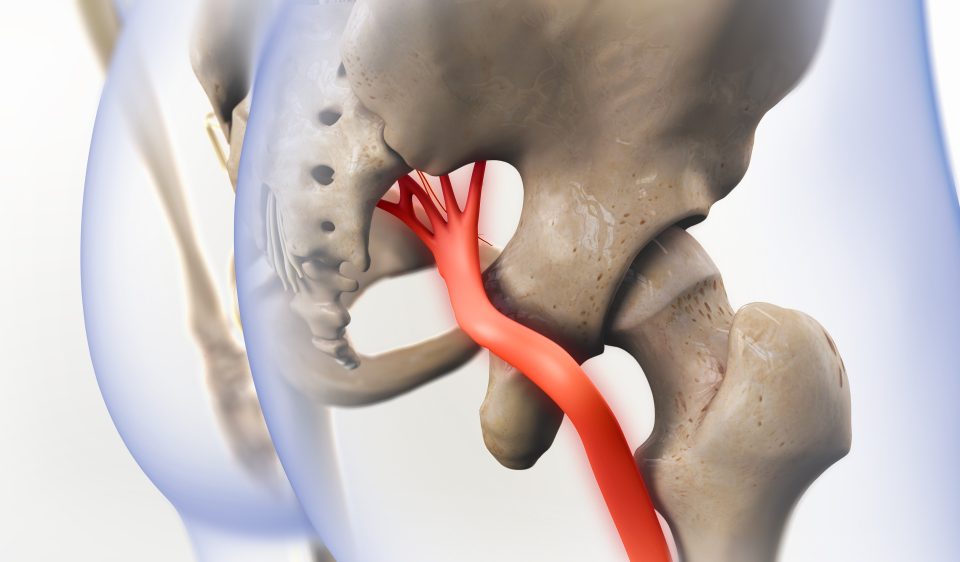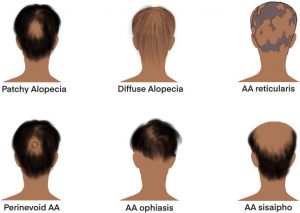Trapped Nerve – What exactly is a Trapped Nerve?

What Exactly is a Trapped Nerve?
A spinal cord consists of several segments, called vertebrae. A pinched or irritated nerve in the neck can cause symptoms such as numbness, tingling, and pain. A MRI of the neck can also reveal damage to the spine and spinal cord. If a trapped or irritated nerve causes a person to have difficulty grasping, they should immediately see a doctor.
When a nerve is compressed, it will result in numbness, tingling, and weakness. This condition can also occur in the neck. A herniated disk in the lower back may pinch a nerve root, resulting in pain down the back of the leg. A pinched median artery in the wrist may result in numbness and weakness in the hand. A pinch or irritation of the nerve causes the surrounding tissues to swell and place pressure on the affected nerve.
A herniated disk in the lower back can suffocate a nerve root. In that case, a patient may feel pain down the back of their leg. Another common symptom of a pinched nerve is pain in the hand. It can cause numbness and weakness of the hand. This condition occurs when pressure is applied to the nerve root, preventing it from functioning properly.
When a nerve is pinched, it becomes pinched because of the pressure on it. The pain caused by a pinched nerve is typically temporary or mild and will not go away with rest. However, if the pressure is constant, the condition can cause long-lasting problems. If the patient has chronic or persistent pain, they should consult a physician immediately to ensure the condition is not a recurring problem.
The spinal cord is made up of numerous bones called vertebrae. It runs through the spinal cord, which is a canal that is narrow and can be clogged. The compression can affect a nerve, causing pain in the affected area. A pinched nerve is referred to as radiculopathy. Further, it can cause symptoms in the hands and feet.
A “pinched nerve” is a term used to describe a swollen, pinched nerve. It is a common cause of numbness, tingling, and pain in the neck, and can even cause problems with sexual function. A pinched nerve is a medical emergency. If it is not treated in time, it can lead to a serious condition called radiculopathy.
A pinched nerve is a condition in which the nerve becomes entrapped or squeezed. The pinched nerve can cause numbness and loss of sensation, and in extreme cases, can even be painful. It can be found in the shoulder, the arm, and the foot, and can also occur in the neck. The pinched nerve can affect the neck.
A pinched nerve is a common condition where the spinal nerve is compressed. It can cause numbness, weakness, and tingling, and can be caused by a herniated disc in the lower back. In severe cases, the pinched nerve can entrap the median nerve in the wrist. A swollen median is a symptom of a pinched nerve.
A spinal nerve is a series of bones, called vertebrae. The spine is made up of a canal where the spinal cord runs. A pinched nerve can be compressed in any of these structures, which causes pain and radiculopathy. Further, a pinched nerve can be caused by a bone spur or a ligament, which blocks the passage.
Symptoms of a pinched nerve include pain, swelling, and a numbness or tingling sensation in the legs. It can also be caused by a variety of factors, including aging, high-impact sports, and repetitive work. A person suffering from a pinched sciatic nerve should seek medical advice as soon as possible to determine the proper treatment.






